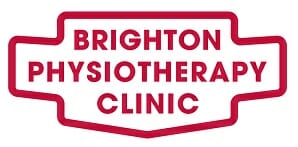Treatment to Improve Muscular Coordination
What is muscular coordination?
Muscular coordination, or motor coordination, is the term that describes the combined movements of more than one part of your body. Your muscular coordination essentially entails your ability to use the muscles, nerves, joints, and other parts of your body together to carry out certain tasks. For example, in order to lift a cup of water to your lips, your arm, shoulder, hand, and fingers must work together in perfect motor coordination. Muscular or motor coordination is very important to how you do things; unfortunately, it is also prone to disorders.

Muscular coordination impairment
For most people, body movements are easy, smooth, and seamless; not so for a few others. For the former, activities like moving from one place to another, picking up objects, playing games, and even dancing require very little thought or effort; for the latter, it can be an up-hill task.
If you or anyone you know experiences uncoordinated movements, or find it difficult to do tasks that others find easy, this condition is known as muscular coordination impairment, or ataxia. This condition occurs when there is a failure in communication between the brain and the rest of the body, especially the muscles and nerves needed to carry out the required action. This causes uncoordinated and jerky movements. Ataxia, or muscular coordination impairment, can seriously disrupt your day to day activities if not properly managed.
What causes ataxia?
There are a number of reasons why a person can develop ataxia, but the number one culprit is usually a deficiency of vitamin B12. Ataxia can also be the direct or indirect result of another health condition, or neurological disorder. It can occur as a result of injury to the head, as a result of drug and alcohol abuse, or from exposure to toxic chemicals. It can also be inherited.
Muscular Coordination FAQ’s
While dyslexia is not the same as ataxia despite the near similarity in names, people with dyslexia often have difficulty in muscular control, experiencing poor coordination, poor fine-motor skills, and poor hand to eye coordination. These are some of the aspects that make both conditions similar.
- Juggling
- Playing catch
- Target practice
- Dribbling
- And any other activity that involves concentration
